We begin another gut-wrenching week watching Putin’s barbarity in Ukraine. The Russian people know little about it because Putin has blocked their access to the truth, substituting propaganda and lies.
Years ago, pundits assumed the Internet would open a new era of democracy, giving everyone access to the truth. But dictators like Putin and demagogues like Trump have demonstrated how naïve that assumption was.
At least America responded to Trump’s lies. Trump had 88 million Twitter followers before Twitter took him off its platform — just two days after the attack on the U.S. Capitol which he provoked, in part, with his tweets. (Trump’s social media accounts were also suspended on Facebook, YouTube, Instagram, Snapchat, Twitch, and TikTok.)
Twitter’s move was necessary to protect American democracy. But Elon Musk – the richest man in the world, with 80 million Twitter followers – wasn’t pleased about it. Musk tweeted that U.S. tech companies shouldn’t be acting "as the de facto arbiter of free speech."
I would have posted that tweet for you right here, if I had access to it. But ever since I posted a tweet two years ago criticizing Musk for how he treated his Tesla workers, he has blocked me — so I can’t view or reply to his tweets to his 80 million Twitter followers. Seems like an odd move for someone who describes himself as a “free speech absolutist.”
Musk advocates free speech but in reality it’s just about power.
It’s power that compelled Musk to buy $2.64 billion of Twitter stock, making him the largest shareholder, with a 9.2 percent stake in the company. Last week, Twitter announced that Musk will be joining the company’s board of directors. After the announcement, Musk promised "to make significant improvements" to the platform. (He even changed his investment designation to clarify that he’s not simply a "passive" investor but one who intends to impact the way the company is run.) Yesterday evening, though, it was announced that — contrary to last week’s announcement — Musk would not be joining Twitter’s board. No reason was given but this is typical for Musk.
It’s likely part of a bargaining Kabuki dance. Musk wouldn’t have plopped down $2.64 billion for nothing. He probably wants more control. If he is not on Twitter’s board, Musk is not bound by the “standstill” agreement in which he pledged to buy no more than 14.9 percent of Twitter’s stock. Musk now has no restrictions on how much of Twitter’s stock he can buy. I predict he buys more and takes an even more active role trying to influence the platform.
By the way, what “improvements” does Musk have in mind for Twitter? Would Musk pressure Twitter to let Trump back on? I fear he would.
Musk has long advocated a libertarian vision of an “uncontrolled” Internet. That vision is dangerous rubbish. There’s no such animal, and won’t be. Someone has to decide on the algorithms in every platform — how they’re designed, how they evolve, what they reveal and what they hide. Musk has enough power and money to quietly give himself this sort of control over Twitter. He talks about freedom of speech but his real power is freedom of reach – reaching 80 million twitter followers without accountability to anyone (including critics like me) — and enough money to buy himself a seat on Twitter’s board.
Musk has never believed that power comes with responsibility. He's been unperturbed when his tweets cause real suffering. During his long and storied history with Twitter he has threatened journalists and stolen memes. In March 2020 he tweeted that children were “essentially immune” to Covid. He’s pushed cryptocurrencies that he’s invested in. When a college student started a Twitter account to track Musk’s private plane, Musk tried and failed to buy him off, before blocking him.
The Securities and Exchange Commission went after Musk after he tweeted that he had funding to take Tesla private, a clear violation of the law. Musk paid a fine and agreed to let lawyers vet future sensitive tweets, but he has tried to reverse this requirement. He has also been openly contemptuous of the SEC, tweeting at one point that the “E” stands for “Elon’s.” (You can guess what the “S” and “C” stand for.) By the way, how does the SEC go after Musk’s ability to tweet now that he owns Twitter?
Billionaires like Musk have shown time and again they consider themselves above the law. And to a large extent, they are. Musk has enough wealth that legal penalties are no more than slaps on his wrist, and enough power to control one of the most important ways the public now receives news. Think about it: After years of posting tweets that skirt the law, Musk was given a seat on Twitter’s board (and is probably now negotiating for even more clout).
Musk says he wants to “free” the Internet. But what he really aims to do is make it even less accountable than it is now, when it’s often impossible to discover who is making the decisions about how algorithms are designed, who’s filling social media with lies, who’s poisoning our minds with pseudo-science and propaganda, and who’s deciding which versions of events go viral and which stay under wraps.
Make no mistake: This is not about freedom. It’s about power. In Musk’s vision of Twitter and the Internet, he’d be the wizard behind the curtain — projecting on the world’s screen a fake image of a brave new world empowering everyone. In reality, that world would be dominated by the richest and most powerful people in the world, who wouldn’t be accountable to anyone for facts, truth, science, or the common good. That’s Musk’s dream. And Trump’s. And Putin’s. And the dream of every dictator, strongman, demagogue, and modern-day robber baron on earth. For the rest of us, it would be a brave new nightmare.
PS: As I said, Musk has blocked me from his Twitter feed. However, this is just one example in a broader pattern of dodging and silencing his critics. Whether online, in government hearings, or in his Tesla factories, Musk seems unable to stomach disagreements. For instance:










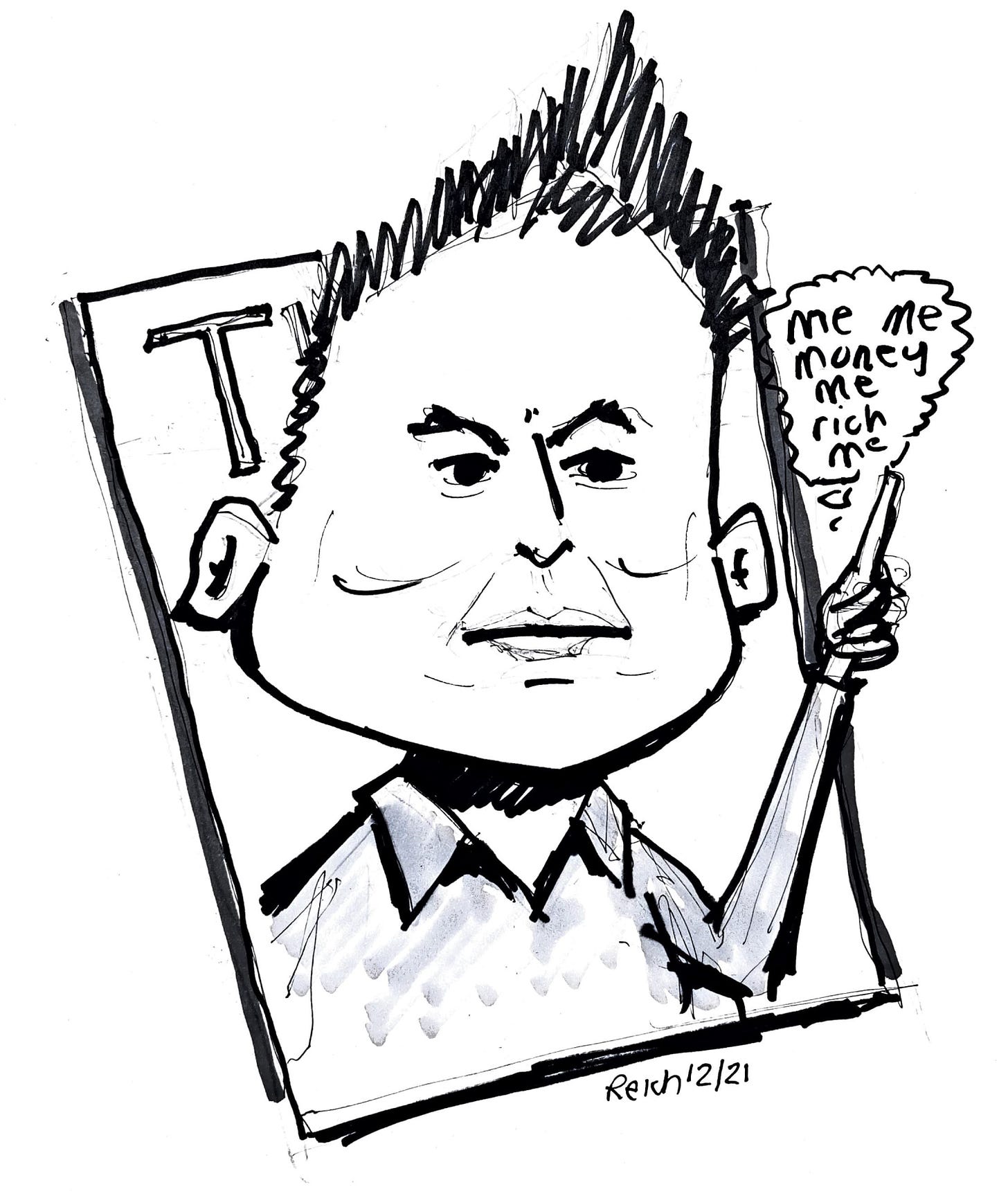
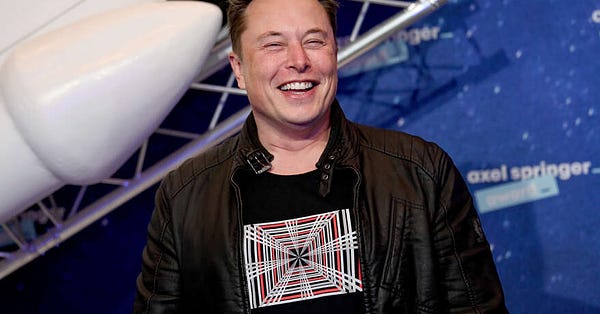


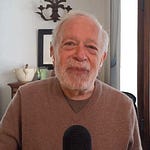
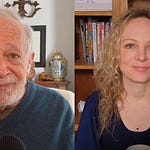
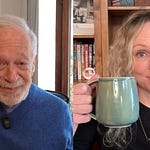




Share this post